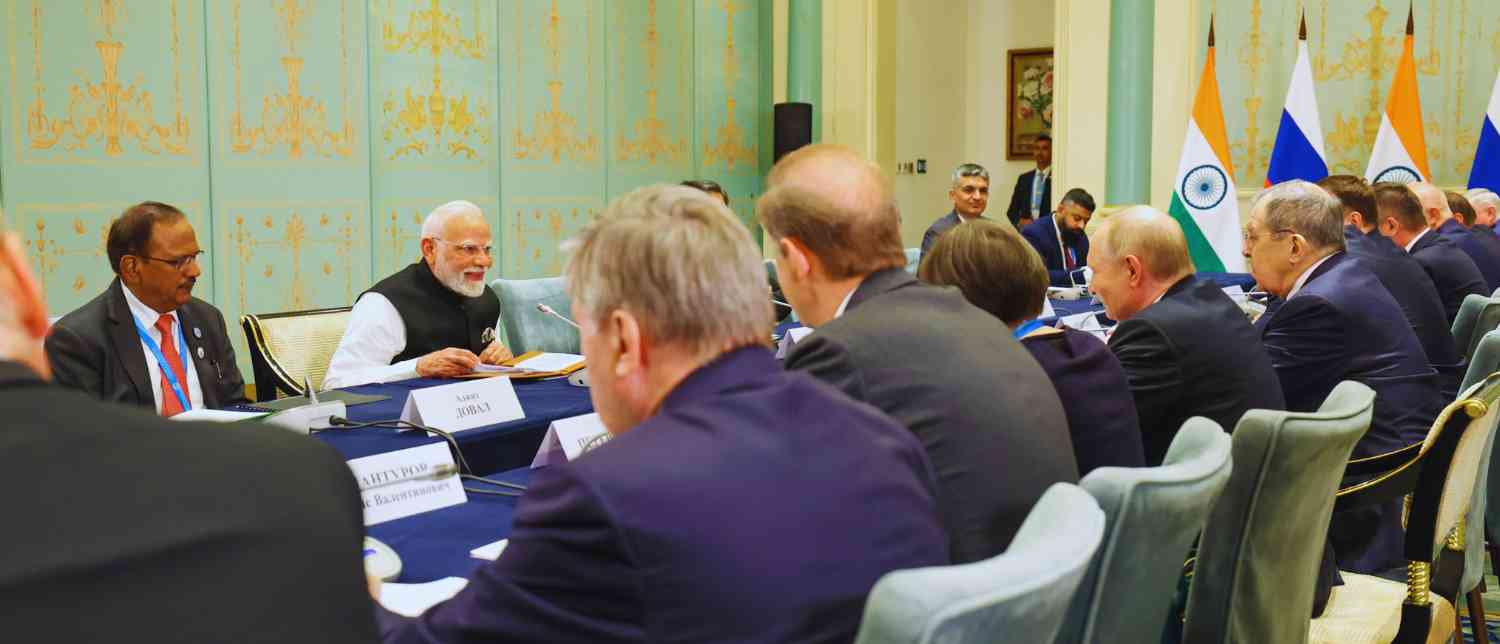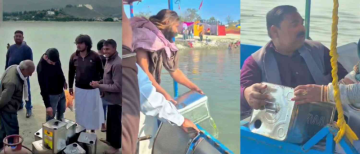The Shanghai Cooperation Organisation (SCO) has strongly condemned the terror attacks on the Jaffar Express train and in Pahalgam, demanding justice for the victims and calling for accountability of the perpetrators, organizers, and sponsors behind these acts. The condemnations were part of the Tianjin Declaration adopted at the SCO summit held recently, which brought together leaders from its 10-member states including India, China, Russia, Pakistan, and others.
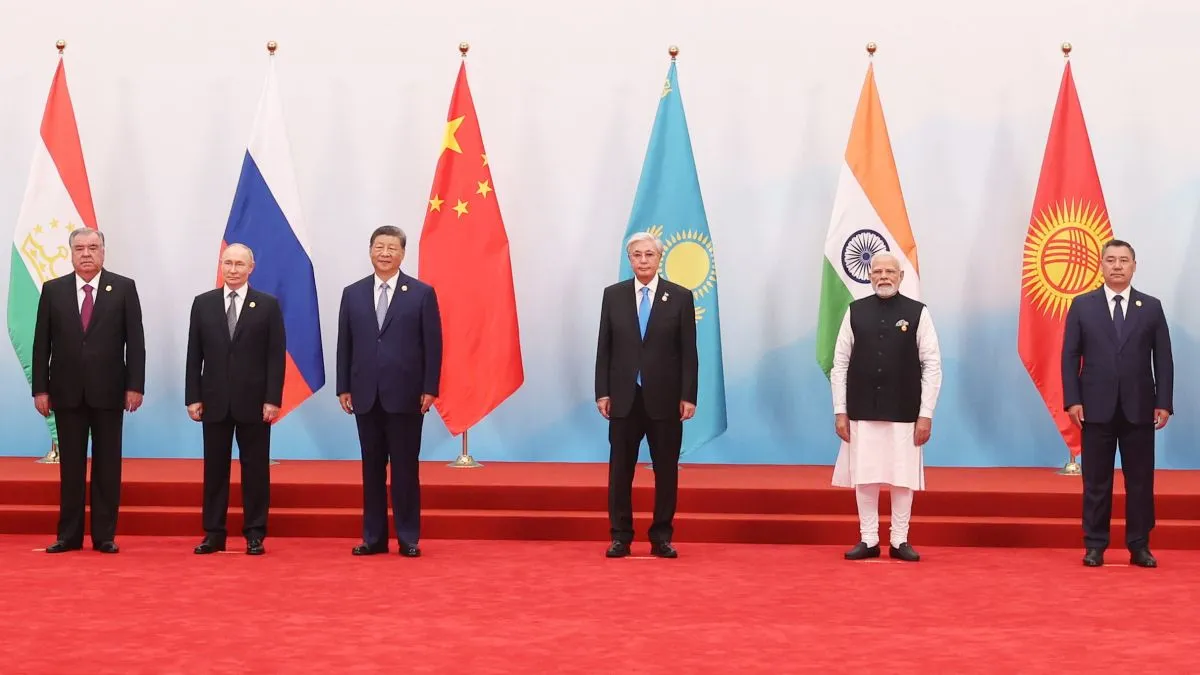
On March 11, 2025, the Jaffar Express, a train traveling from Quetta to Peshawar in Pakistan, was hijacked by militants from the Balochistan Liberation Army. The attackers detonated explosives on the tracks and took passengers hostage, leading to a 36-hour security operation to free them. Despite rescue efforts, 64 people died, including civilians, soldiers, and attackers. Later accusations surfaced about foreign links to the attack, though these remain contested.
Separately, on April 22, 2025, a terror attack in Pahalgam, Jammu and Kashmir, targeted civilians visiting this popular tourist area. Armed terrorists opened fire, killing 26 people and injuring many others. This was one of the deadliest assaults on civilians in the region in recent years and led to widespread shock and condemnation.
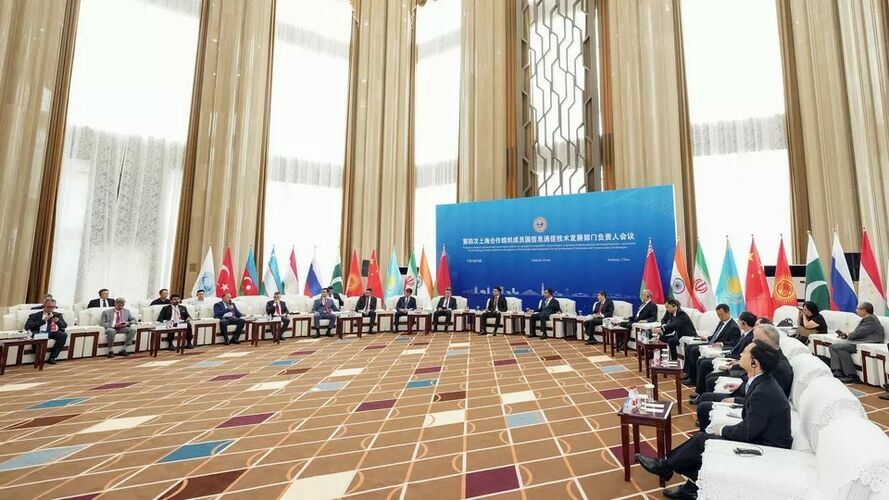
The SCO's Tianjin Declaration not only condemned these attacks but also highlighted the need to fight terrorism without double standards. The declaration emphasized the importance of the United Nations framework and international law to combat terrorism, and expressed condolences to the families affected. It also condemned other terror incidents including one in Khuzdar, Pakistan.
From a broader perspective, the SCO condemnation represents a significant diplomatic consensus on the need to address terrorism decisively in the region. It acknowledges the complex reality of cross-border terrorism and the challenges it poses to peace and security. While all member countries—some of whom have tense bilateral relations—came together to issue this statement, there remains sensitivity over how the attacks and responsibilities are discussed, reflecting deeper geopolitical tensions.
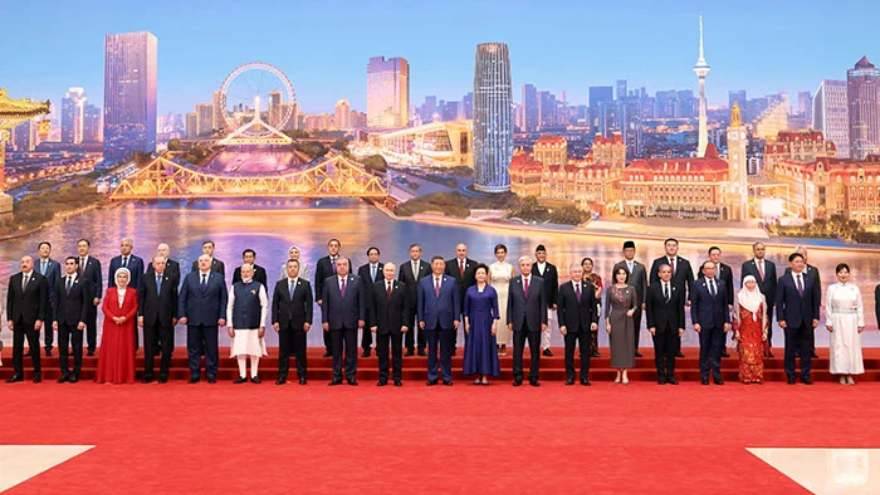
Leaders like India’s Prime Minister Narendra Modi used the platform to urge united action against terrorism, cautioning against supporting terror under any guise and highlighting that terrorism is a challenge to humanity as a whole. The demand to bring the perpetrators and sponsors of terror to justice reflects a common goal but also underscores the ongoing struggles around accountability and regional trust.
In the end, this shared condemnation by SCO sets a hopeful tone for collaboration against terrorism but also highlights how complicated the issue remains. Justice for victims and peace for the region hinges not just on words but on effective action, transparency, and building trust among nations. The voices of victims and their families remind the world why standing up against terror is essential for peace and coexistence.
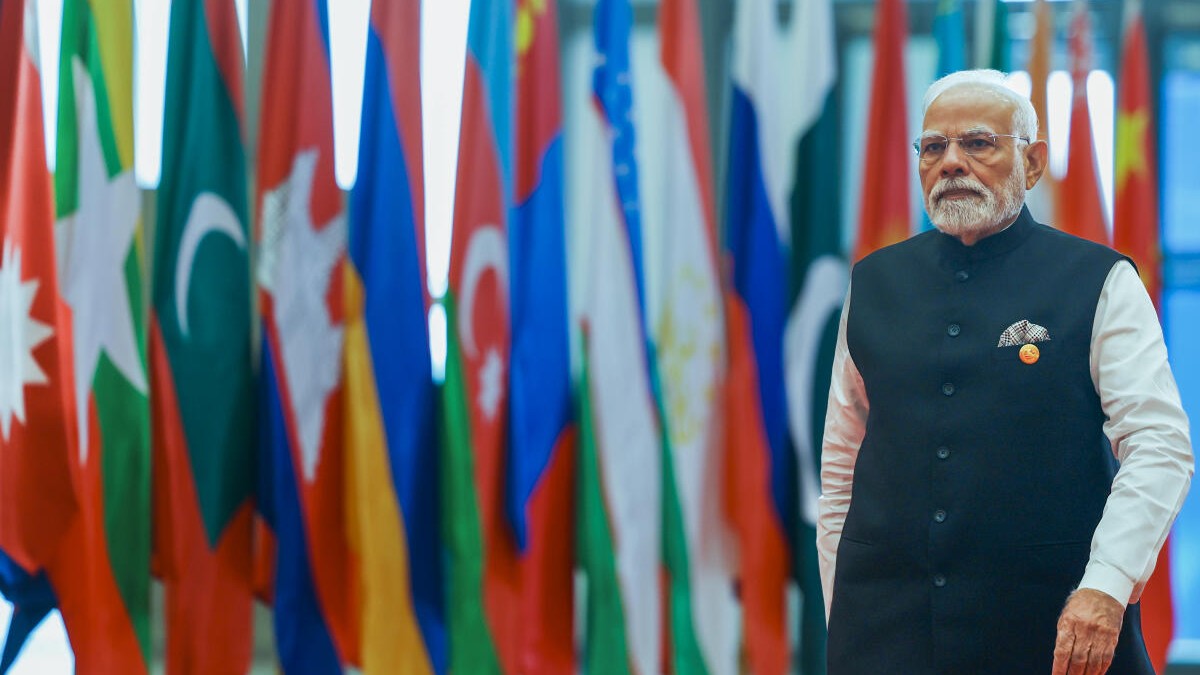
Thus, the SCO’s call for justice and unity is an important step, but the real measure will be in how these commitments translate into practical efforts to combat terrorism and heal wounds across South Asia’s diverse and often disputed landscapes. This moment in 2025 shows that while fighting terror is critical, doing so with fairness and respect for all countries involved is equally important for lasting peace and security.
This news article is based on the most recent official statements, summit declarations, and public insights around the Pahalgam and Jaffar Express terror attacks as reflected in the SCO summit proceedings in late August 2025.
With inputs from agencies
Image Source: Multiple agencies
© Copyright 2025. All Rights Reserved. Powered by Vygr Media.

